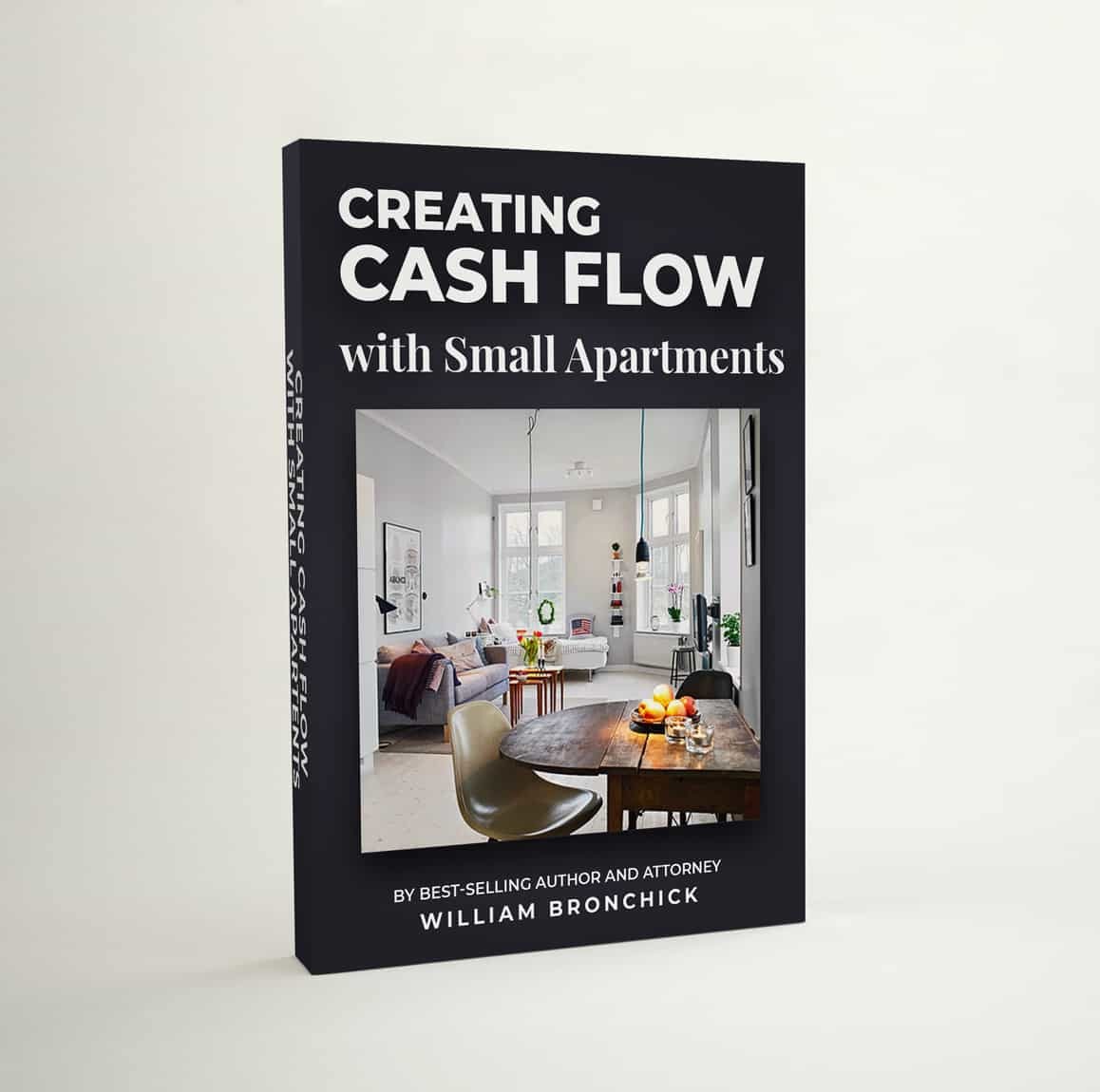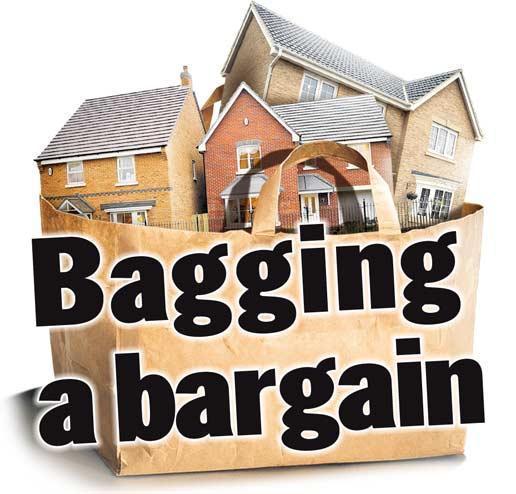Buying Real Estate Undervalued vs.
Buying UNDER VALUE!
“Undervalued” vs.. “undervalue”… is there a difference?
People often speak of buying a property “undervalued”, as if they are discovering something nobody else figured out. Stocks, land, and real estate can all be purchased undervalued, but this is different from buying property UNDER value.
Here’s the difference…
Let’s say you think a company is ripe to expand within the next few years. You are speculating that the value of the company’s stock will increase, so you buy AT MARKET PRICE and hope you are right. You can also buy a property at MARKET PRICE and hope demand will increase and thus its value will go up. You can buy gold at today’s price and hope it will go up in price. However, in all cases, you are speculating that the asset will increase in value and that it is CURRENTLY undervalued.
Compare this thinking to buying a property UNDER VALUE, that is below its CURRENT market value. If a house is worth $200,000 based on similar houses that have sold recently, the market value is $200,000. It may be an “up and coming” neighborhood with a good school district that most people have not yet discovered, so you can buy it for $200,000 based on the idea that the future value will be more, so it’s currently “undervalued.”
Or, you can buy a property with a current market value of $200,000 and pay $150,000, in which case you are buying BELOW value, or with BUILT-IN value. Why is there built-in value? Simple – you can sell it tomorrow for up to $200,000! If you buy real estate undervalued, you have to wait until everyone else realizes what you suspect to be true, that the property SHOULD be worth more.
Certainly, buying property that is undervalued can make you money in that you are speculating future demand will be higher and prices will increase for that asset. But, a safer, smarter approach is to buy undervalue because a particular seller has some motivation, such as a foreclosure, estate, or divorce. Instead of looking for “value plays”, look for value built-in, which can always be found when a particular seller has extreme motivation and needs to sell quickly.
Free eBook: Creating Cash Flow with Small Apartments
Download this FREE eBook, "Creating Cash Flow with Small Apartments". It will show you how to investing in small apartments (5 - 50 units) to generate wealth, equity, cash flow, and long-term retirement security.

